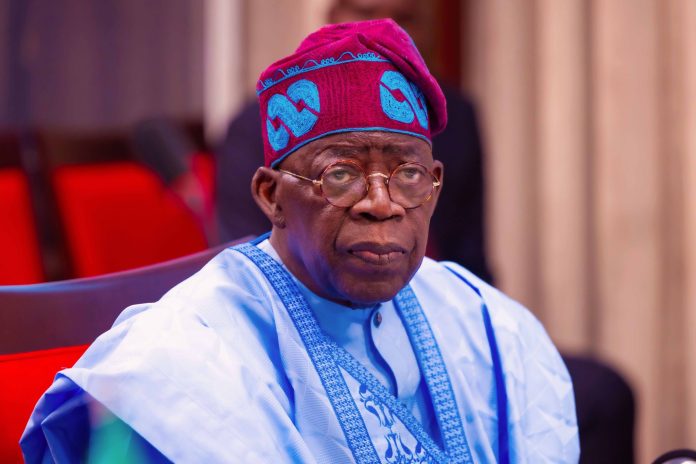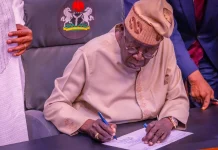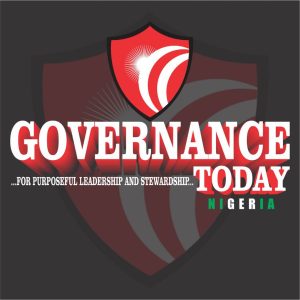President Bola Tinubu has emphasized that fiscal governance is crucial for Nigeria’s national development, highlighting the importance of transparency, accountability, and sound management of public resources. He made these remarks at the opening of a National Conference on Public Accounts and Fiscal Governance in Abuja.
The conference, themed “Fiscal Governance in Nigeria: Charting a New Course for Transparency and Sustainable Development,” was organized by the Public Accounts Committees (PACs) of the Senate and House of Representatives. Tinubu acknowledged that Nigeria’s economy has long been burdened by structural inefficiencies, fiscal leakages, and over-reliance on oil revenues.
He stated that the funds saved from the removal of fuel subsidies are being channeled into critical infrastructure, social safety nets, and targeted economic reforms. The President mentioned the newly assented tax reform laws aimed at simplifying compliance, expanding the tax base, digitizing collections, and harmonizing multiple taxes.
Tinubu highlighted economic diversification as a top policy objective, focusing on sectors like agriculture, manufacturing, digital services, renewable energy, and mining. He called on the National Assembly, particularly the Public Accounts Committees, to uphold their constitutional duty with integrity and independence.
The President stressed that oversight is a patriotic duty, not a political tool, and every project must be guided by value for money. He emphasized that Nigerians must be empowered to ask questions, scrutinize public accounts, and demand accountability. Tinubu reaffirmed his commitment to reducing inflation through fiscal discipline, transparency, and citizen engagement.
The National Conference on Public Accounts and Fiscal Governance (NCPAFG) took place from July 6 to July 10, 2025, in Abuja, organized by the Public Accounts Committee (PAC) of the House of Representatives. The conference aimed to reshape Nigeria’s fiscal accountability architecture.
The objectives included building institutional and human capacity, facilitating knowledge exchange, harmonizing national and sub-national PAC frameworks, fostering broad stakeholder commitment, promoting post-legislative scrutiny, and exploring global best practices in digital governance and anti-corruption.
The conference gathered top public sector financial managers, lawmakers, regulatory agencies, anti-corruption institutions, development partners, civil society organizations, and representatives from all three tiers of government.
Expected outcomes involve developing a National Blueprint for Digital Audit and Financial Management and establishing a multi-stakeholder National Fiscal Governance Working Group.
Fiscal transparency is considered essential for Nigeria’s development, requiring openness, integrity, and accountability in managing state funds. BudgIT publishes reports on the fiscal transparency of Nigerian states, while the Independent Corrupt Practices and Other Related Offences Commission (ICPC) has outlined key areas to enhance fiscal transparency in local government administration.








